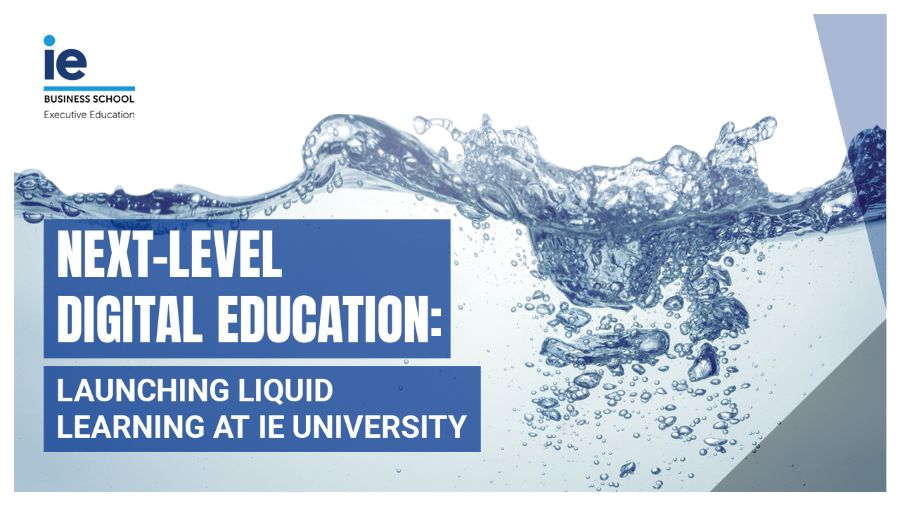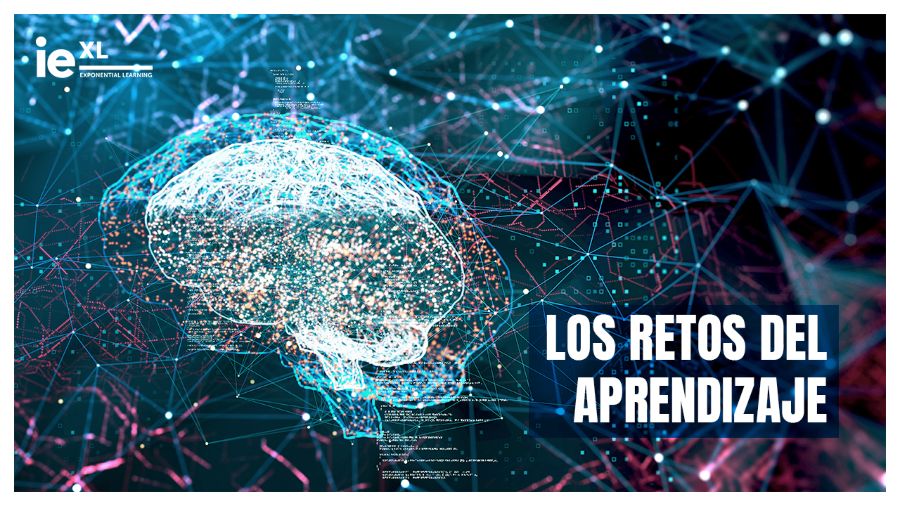Bystander or architect: Are you prepared to deal with the age of disruption?

A new Renaissance, a fourth Industrial Revolution… however you call it, the fragmentation that’s marked the early 21st century stands in stark contrast to the
20th century’s globalization.
Mark Esposito, Professor of Strategy at IE Business School, addressed this contrast—along with its implications and opportunities for future leaders and innovators—at a January 2019 TED Talk in Antwerp.
In his talk, “The Age of Fragmentation,” Esposito explored this topic. While the world is better connected and more technologically integrated than ever, seismic changes—which Esposito claims started in 2016—have begun to reverse the convergence that has characterized this technological connectivity.
On the one hand, what Esposito describes as the Third Industrial Revolution increased productivity, drove down prices and opened the whole world to consumers.
On the other hand, technology increasingly replaced people in the production
chain, leading to feelings of disenfranchisement and disillusionment. Digitalization that is neither scaled to the mainstream nor accessible to all, became a force for fragmentation.
“Technology is not the enemy”
However, it’s important to remember that these massive changes don’t only represent a challenge. Esposito shows that they also offer a huge opportunity in what he calls “a concurrent Fourth Industrial Revolution.” In this era of change, technology affords us the chance to leverage what makes us special: creativity, innovation and communication.
It’s technology that will enable us to change the paradigm, to bring about a new Renaissance where performance is no longer defined by simple productivity/cost vectors, and where the old types of formal education will no longer guarantee employability.
It’s naïve, he says, to assume we can simply transfer the values of the 20th century
into the 21st. Today, we’re dealing with a degree of variability, volume and complexity that we’ve never seen before. To best understand and compete going forward, we will need to acquire a new mindset and a new set of tools. He urges us not to “wait for somebody else to fix it.” In other words, you can be a passive bystander, or you can be an architect of the new infrastructure.
Mark Esposito is one of the sector’s most influential thinkers on strategy and leadership. He was listed on the Thinkers50Radar in 2016 and has authored a number of books on sustainability, business ethics and understanding the future of business.
Leadership and Strategy in the Age of Disruption
In his role within IE’s Leadership and Strategy in the Age of Disruption program, he’s well placed to use his unrivaled expertise in guiding decision-makers, strategists, and current and future leaders towards being those architects of the future.
Running from June 12 to July 19, the program begins with scenario-based analysis of volatility, uncertainty, complexity and ambiguity. Moving through disruption spurred by accelerating technology and the impact of global instability, it familiarizes students with Fintech and its impact on traditional brick-and-mortar establishments.
IE offers students the tools and knowledge to leverage disruption, understand fragmentation, and develop visionary thinking and innovative strategies. Intakes for winter and spring were completely full, so don’t miss your chance to enroll in the next one. For more information about the program, download our brochure.



